

Tao Te Ching
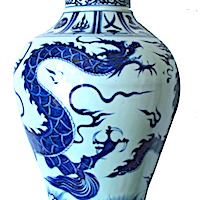
Art
Although wars, conflict, crime, and disasters so easily captivate our attention and dominate both historical texts and modern news; art has a much deeper and more valuable significance, a closer link to the potential discovery of meaningfulness, to the revelation and appreciation of sacredness. In describing Chinese porcelain, Will Durant called it “the summit and symbol of Chinese civilization” and “one of the noblest things that men have done to make their species forgivable on the earth.” It’s an interesting perspective—a weighing and assessment of the human species as a whole. From that panoramic view; fame, fortune, pleasure and power hold little value while art raises the human experience, connects us to the sacred, and gives life meaning.
Quotes (78)
“Great works of art teach us to have confidence in our spontaneous impressions with good humored inflexibility—the most when the whole cry of voices is against us.”
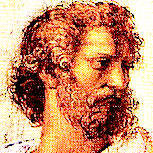
“The aim of art is to represent not the outward appearance of things, but their inward significance; for this is the true reality.”

“Most people use their mind recklessly… The wise use their mind calmly. Calmness means carefulness and carefulness means a gardening of spirit, an art born of an understanding of the Tao.”
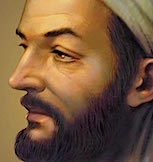
“The noblest functions of the human soul begin with reflecting on art and meditating on things of beauty. Rather than fixating on fame, fortune, pleasure, and power; it waits for the revelations of truth.”
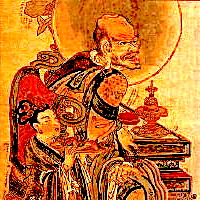 “It is typical of the unintelligent man to insist on assembling complete sets of everything. Imperfect sets are better.
“It is typical of the unintelligent man to insist on assembling complete sets of everything. Imperfect sets are better.”

“Good painting is noble and devout in itself, for among the wise nothing tends more to elevate the soul... Painting is the music of god, the inner reflection of his luminous perfection.”
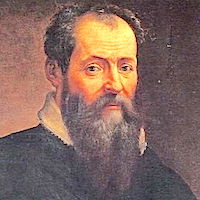
“Art owes its origin to Nature herself... this beautiful creation, the world, supplied the first model, while the original teacher was that divine intelligence.”
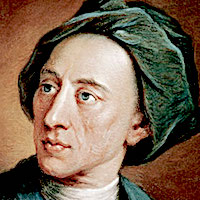
“One Science only will one Genius fit;
So vast is Art, so narrow Human Wit.”
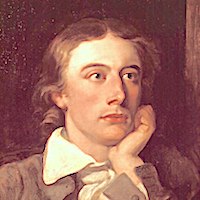
“The excellence of every art is its intensity, capable of making all disagreeables evaporate from their being in close relationship with beauty and truth.”
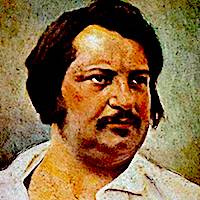
“If the artist does not fling himself, without reflecting, into his work, as the soldier flings himself into the enemy's trenches, and if, once in, he does not work like a miner on whom the walls of his gallery have fallen in; if he contemplates difficulties instead of overcoming them one by one ... he is simply looking on at the suicide of his own talent.”
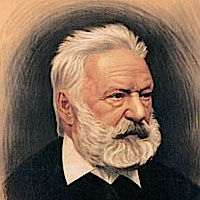
“God manifests himself to us in the first degree through the life of the universe, and in the second degree through the thought of man. The second manifestation is not less holy than the first. The first is named Nature, the second is named Art.”
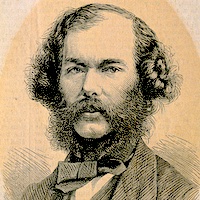
“In Science the paramount appeal is to the Intellect — its purpose being instruction; in Art, the paramount appeal is to the Emotions — its purpose being pleasure.”
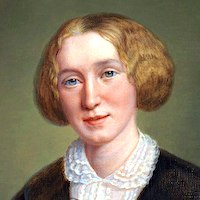
“Art is an old language with a great many artificial, affected styles, and sometimes the chief pleasure one gets out of knowing them is the mere sense of knowing.”
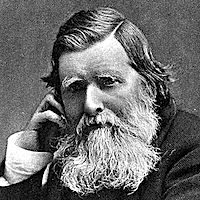
“He is the greatest artist who has embodied, in the sum of their works, the greatest number of the greatest ideas.”
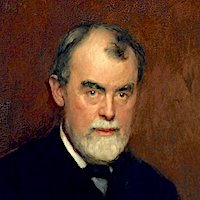
“all the noblest arts hold in perfection but for a very little moment. They soon reach a height from which they begin to decline... for an art is like a living organism—better dead than dying. There is no way of making an aged art young again; it must be born anew and grow up from infancy as a new thing, working out its own salvation from effort to effort in all fear and trembling.”
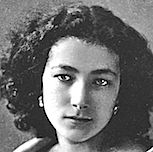
“What matters poverty? What matters anything to him who is enamoured of our art? Does he not carry in himself every joy and every beauty?”
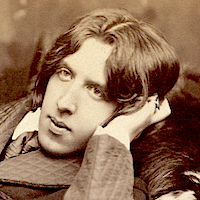
“Art is the only serious thing in the world. And the artist is the only person who is never serious.”
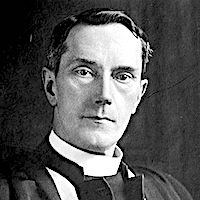
“Theater is, of course, a reflection of life. Maybe we have to improve life before we can hope to improve theater.”
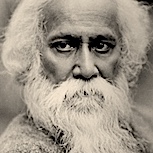
“The world as an art is the play of the Supreme Person reveling in image-making. You may call it maya and pretend to disbelieve it; but the great artist, the Mayavin, is not hurt. For art is maya, it has no other explanation but that it seems to be what it is.”
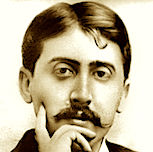
“Only through art can we emerge from ourselves and know what another person sees... Thanks to art, instead of seeing a single world—our own—we see it multiply until we have before us as many worlds as there are original artists.”
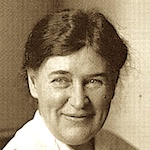
“What was any art but a mold to imprison for a moment the shining elusive element which is life itself- life hurrying past us and running away, too strong to stop, too sweet to lose.”
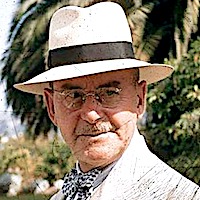
“[Nietzsche's] personal feelings initiate him into those of the criminal ... in general all creative originality, all artist nature in the broadest sense of the word, does the same... an artist must approach his work in the spirit of the criminal about to commit a crime.”
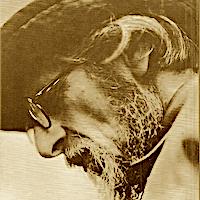
“It is not as if the artist were a special kind of person; every person is a special kind of artist.”
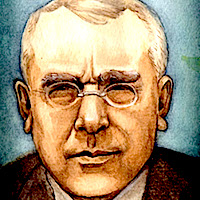
“Like the goal of art is the search for beauty, the goal of religion is the search for God and truth.”

“The most beautiful experience we can have is the mysterious. It is the fundamental emotion which stands at the cradle of true art and true science. Whoever does not know it and can no longer wonder, no longer marvel is as good as dead.”

“I wash my hands of those who imagine chattering to be knowledge, silence to be ignorance, and affection to be art.”
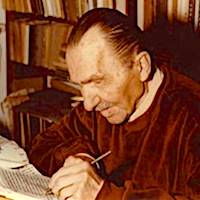
“I intentionally struggle to surpass the boundaries of art, and thus harmony—the essence of beauty—is distorted... I was struggling, not for beauty, but for deliverance... I wanted to be delivered from my own inner darkness and to turn it into light”
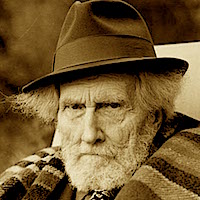
“The artist is always beginning. Any work of art which is not a beginning, an invention, a discovery is of little worth.”

“It's delightful to contemplate a society where art is more respected than wealth; but, art can only be the flower that grows out of wealth. It cannot be wealth's substitute. The Medici came before Michelangelo”
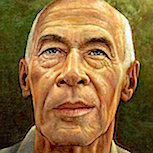
“Struggle is the most invaluable experience of all. Suffering seems to be the inevitable fate of the creative sensitive types. Poverty, disease, death, unrequited love affairs, and disappointments of every sort fan the flame of the artistic spirit. The greatest works of art were not created by spoiled brats. They were born for the most part out of a sense of despair, and if not despair then just plain hard work. Somewhere along the line the artist learns the art of transformation.”
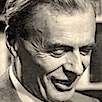
“The incomparable landscape painting of China and Japan was essentially a religious art, inspired by Taoism and Zen Buddhism; in Europe on the contrary, landscape painting and the poetry of ‘nature worship’ were sealer arts which only arose when Christianity was in decline”
 “It isn’t only art that is incompatible with happiness, it’s also science. Science is dangerous, we have to keep it most carefully chained and muzzled. ”
“It isn’t only art that is incompatible with happiness, it’s also science. Science is dangerous, we have to keep it most carefully chained and muzzled. ”
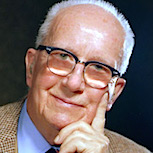
“Only the free-wheeling artist-explorer, non-academic, scientist-philosopher, mechanic, economist-poet who has never waited for patron-starting and accrediting of his co-ordinate capabilities holds the prime initiative today.”
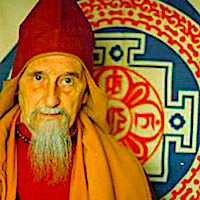
“The self-conscious element of an art that is divorced from life or meaning is unknown in Tibet... It is only from the standpoint of creative visualization... crystallising into the universal order of a mandala that we can understand”
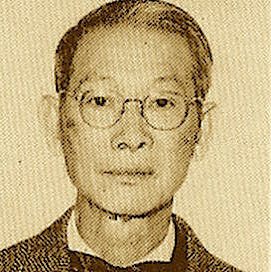
“because of the Taoist insistence on the positive value of non-being that empty space has been utilized as a constructive factor in Chinese landscape painting.”

“Artists are the Indians of the white world. They are called dreamers who live in the clouds… I tell you this is the real world, not the Green Frog Skin World. That’s only a bad dream, a streamlined, smog-filled nightmare.”
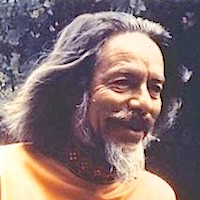
“all art is propaganda... the artist is not a harmless eccentric but one who—under the guise of irrelevance—creates and reveals a new reality [while] in the value system of civilization, of compulsive survival, the artist is irrelevant.”
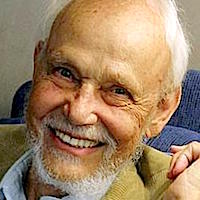
“Among the languages of American Indians there is no word for ‘art,’ because for Indians everything is art.”
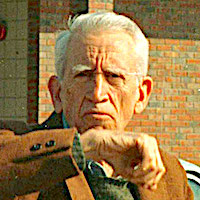
“An artist's only concern is to shoot for some kind of perfection, and on his own terms, not anyone else's.”
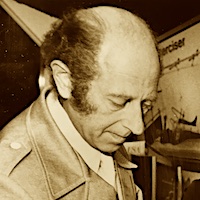
“In the realm of art, the Great Integrity [the Tao] implies the 'artistification' of life and the gradual disappearance of our old age are 'closets' such as museums and performance halls.”
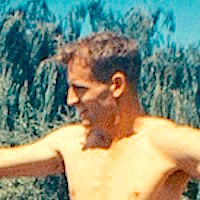
“Art is good when it springs from necessity. This kind of origin is the guarantee of its value; there is no other.”
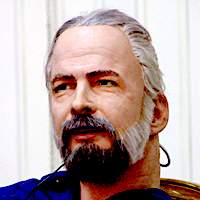
“Life is short. Art, or something not life, is long, stretching out endless, like a concrete worm. Flat, white, unsmoothed by any passage over or across it.”
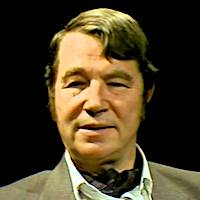
“Art is thought, and thought only gives the world an appearance of order to anyone weak enough to be convinced by its show.”
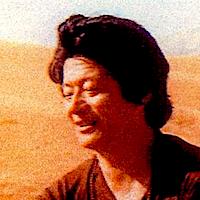
“Ordinary artists express themselves for fame, fortune, or power. They only make art which becomes a master controlling them. Artists must go beyond outward, obvious expressions and experience the subtle, inner elements; the source of the outer, gross elements. Then they can make art which reflects what people need.”
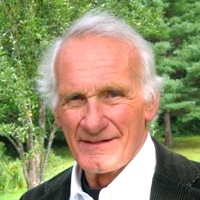
“genuine sexual expression is at least as dangerous to society as genuine artistic expression,”
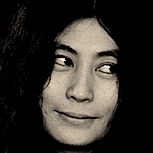
“Art is a way of survival… a verb, rather than a noun… Art is my life and my life is art.”
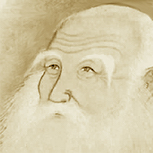
“If as Sun Tzu says, ‘Deception is the art of war,’ it follows that being genuine and authentic is the art of peace.”
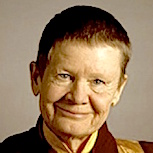
“When one of the emperors of China asked Bodhidharma what enlightenment was, his answer was, ‘Lots of space, nothing holy’… It’s all good juicy stuff … the art of living in the present moment.”
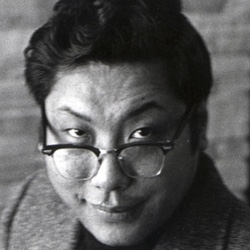
“Every moment we might be doing the same things — brushing our teeth every day, combing our hair every day, cooking our dinner every day. But that seeming repetitiveness becomes unique every day. A kind of intimacy takes place with the daily habits that you go through and the art involved in it. That is what is called art in everyday life.”
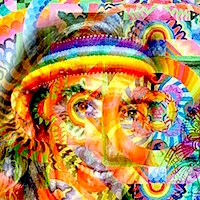
“Through art as magic, the magic of the mandala embodied in the very fabric of everyday life, we can live our lives as cosmic citizens.”
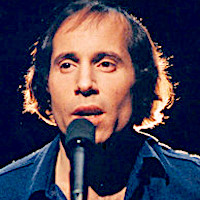
“I suppose an artist takes the elements of his life and rearranges them and then has them perceived by others as though they were the elements of their lives.”
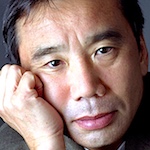
“Paintings are strange things: as they near the end they acquire their own will, their own viewpoint, even their own powers of speech.”
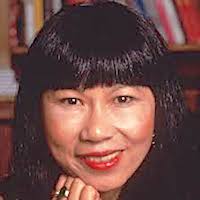
“Art despises placidity and smooth surfaces... art, lovely subversive are, you see what breaks through in spite of restraint, or even because of it.”
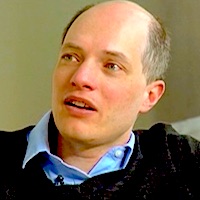
“everything is potentially a fertile subject for art and we can make discoveries as valuable in an advertisement for soap as in Pascal's Pensées... the greatness of works of art has nothing to do with the apparent quality of their subject matter, and everything to do with the subsequent treatment of that matter.”
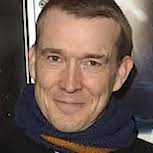
“* Art is memory made public... as long as the art endures, a song or a view or a thought or a feeling someone once taught worth keeping is saved and stays shareable, others can say, 'I feel that too.'”
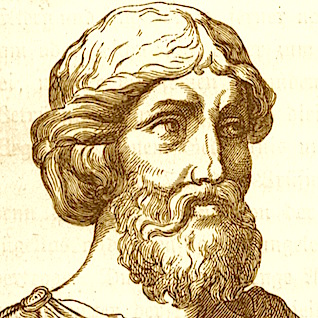
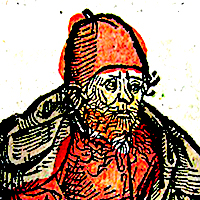
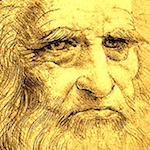
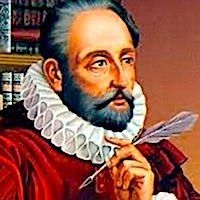

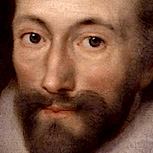
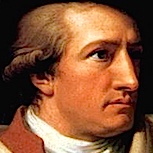

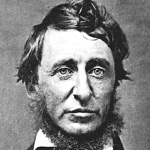
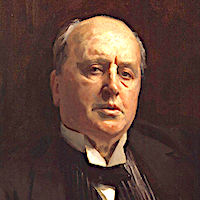
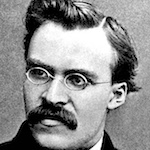
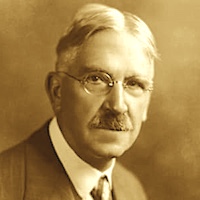
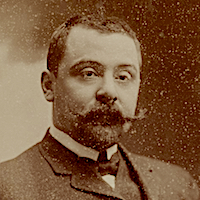

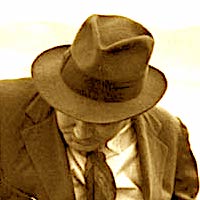
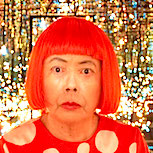
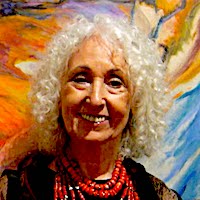
Comments (0)